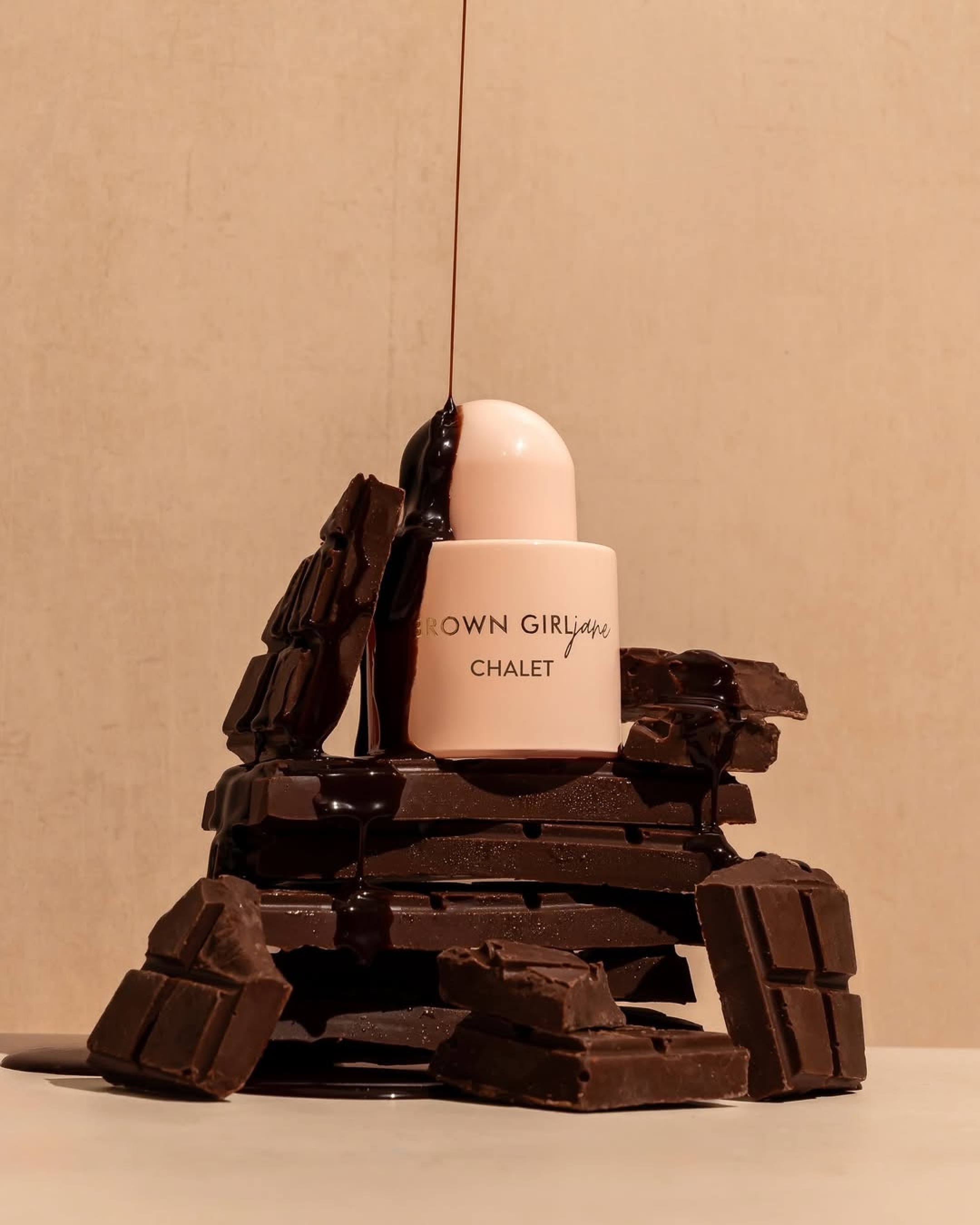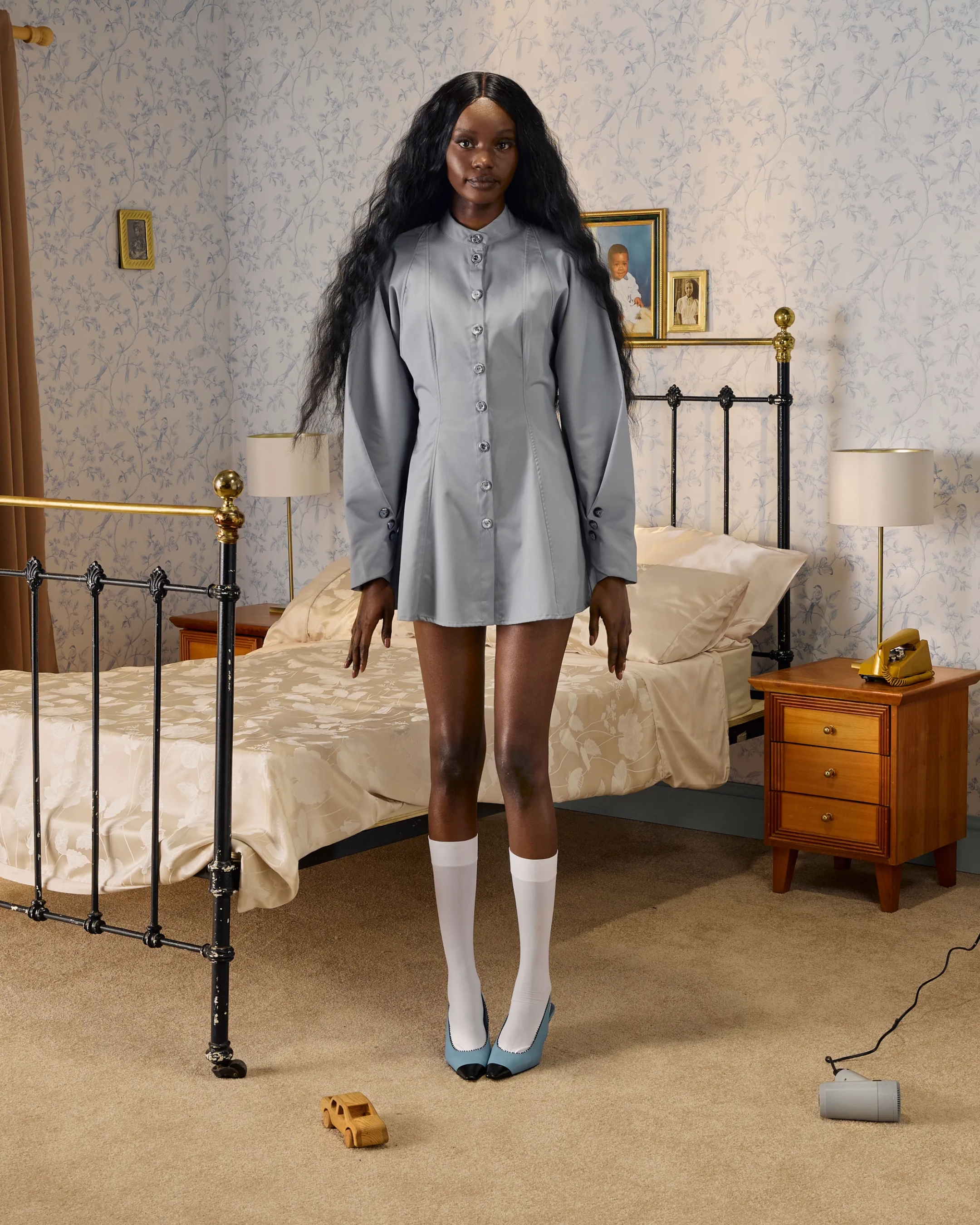The statistics are sobering. In 2023, funding for Black-owned businesses plummeted by 71%, falling to $705 million—the first time since 2016 that this figure has dipped below $1 billion. In contrast, overall U.S. funding saw a drop at only half that rate. These numbers expose a startling truth: while the industry overall faces challenges, Black entrepreneurs are disproportionately affected, cut off from the very resources that could drive their businesses forward.
For many founders, the stark decline in financial support is baffling, particularly when set against the backdrop of the Black consumer market’s exceptional growth. According to NIQ, Black consumers’ beauty spending surged to $9.4 billion in 2023, outpacing the beauty industry’s growth overall. These consumers are increasingly investing in cosmetics, skincare, and haircare products. Yet, the financial ecosystem that once vowed to support Black-owned beauty brands is faltering, leaving a gap between opportunity and reality.
The frustration felt by Black beauty entrepreneurs is palpable. "After the murder of George Floyd, there was a lot of momentum and focus on supporting founders of colour," says Alisa Carmichael, partner at VMG Partners, which invests in BIPOC-founded brands through its Parity Collective initiative. "But the holistic level of support has changed dramatically." While organisations like Parity Collective continue to push forward, many others have dialled back their commitments. The narrative of diversity and inclusion, which once seemed central to corporate strategies, has given way to a more muted discussion.
Kendra Bracken-Ferguson, CEO of BrainTrust Founders Studio, echoes this sentiment, lamenting the shift in corporate and investor priorities. "We’re seeing what happened with affirmative action and the lawsuits against initiatives like the Fearless Fund," she notes, referring to the legal challenges targeting funds that focus on women of colour. "Less than 1 percent of venture funding is going to diverse audiences, and even less to Black women. The funding landscape is more hostile now than it was four years ago."
The experiences of founders like Jackie Aina, the co-founder of Forvr Mood, provide a grim insight into this funding freeze. Despite having a successful brand that has achieved eight-figure sales, Aina has faced significant challenges securing external investment. "We’ve been fully self-funded, and even with our growth and sales numbers, investors are still hesitant," Aina shares. "They get excited and then disappear."
Forvr Mood is far from the exception. Across the board, Black beauty founders report that investors fail to recognise the immense market potential of their businesses. Denis Asamoah, co-founder of Forvr Mood, speaks of encountering enthusiastic investors who, despite initial interest, ultimately pull back. This pattern—initial excitement followed by silence—is a familiar one for many Black entrepreneurs.
Even brands that have found success in fundraising face hurdles. Danessa Myricks Beauty, which closed a funding round in 2022, had to navigate significant resistance despite its proven track record. Myricks points out the contradiction in investors’ reluctance to back Black-founded beauty brands, even as industry giants like Fenty Beauty have shattered misconceptions about market viability. "If you see Fenty’s success and still don’t want to invest, then you have other reasons beyond revenue, which is scarier," she says.
This financial hesitation is compounded by the lingering misperception that Black-owned beauty brands are only for Black consumers. This outdated notion persists, despite clear evidence to the contrary. "A good mascara is a good mascara, not just for 15 percent of the country," says Diarrha N’Diaye-Mbaye, founder of Ami Colé. N’Diaye-Mbaye’s brand, known for its inclusive range of products, has broad appeal, yet investors often fail to see beyond the brand’s racial identity. This limited thinking confines Black-owned beauty brands to a niche market, ignoring their potential to cater to diverse consumers.
Nyakio Grieco, co-founder of Thirteen Lune, has spent years battling these misconceptions. Her inclusive beauty platform showcases BIPOC brands alongside more mainstream ones, but even this isn’t enough to shift perceptions entirely. "Black women spend the most on beauty, yet the funding for these brands doesn’t reflect that," Grieco explains. "Often, Black-owned brands are underfunded and don’t have the marketing dollars to compete with larger, well-capitalised brands."
The disparity between Black-owned beauty brands and their mainstream counterparts is glaring, particularly when it comes to access to capital. "We have on paper that we could double our business, but I had an investor tell me that if we couldn’t raise more money, we should shut down," recalls N’Diaye-Mbaye. The disconnect between the viability of these businesses and the financial community’s support has left many founders disillusioned.
The systemic issues run deeper than just a lack of funds. When founders like Devin McGhee Kirkland, co-founder of Deon Libra, pitch their businesses to investors, they are often met with questions rooted in racial bias. "We’ve been asked why there are no white people in our pitch deck," Kirkland says. "Do they ask white founders that question when there are no Black people in theirs?"
As 2024 unfolds, the beauty industry’s selective amnesia concerning its pledges to Black entrepreneurs becomes more evident. Where once there were grants and incubation programmes, many of those initiatives have quietly disappeared. "A lot of the grant programmes have died off," Kirkland notes, pointing to the short-lived nature of corporate commitments. For many Black founders, the support that appeared in the wake of Floyd’s murder has proven fleeting, and the road ahead seems steeper than ever.
The beauty industry continues to profit from Black consumers, but its failure to invest in Black entrepreneurs highlights a disturbing disconnect. In a market where diversity and inclusion are celebrated as consumer trends, the unwillingness to provide Black founders with equitable financial backing is more than just an oversight—it’s a betrayal of the very values the industry claims to uphold.





.svg)


.svg)
.svg)






